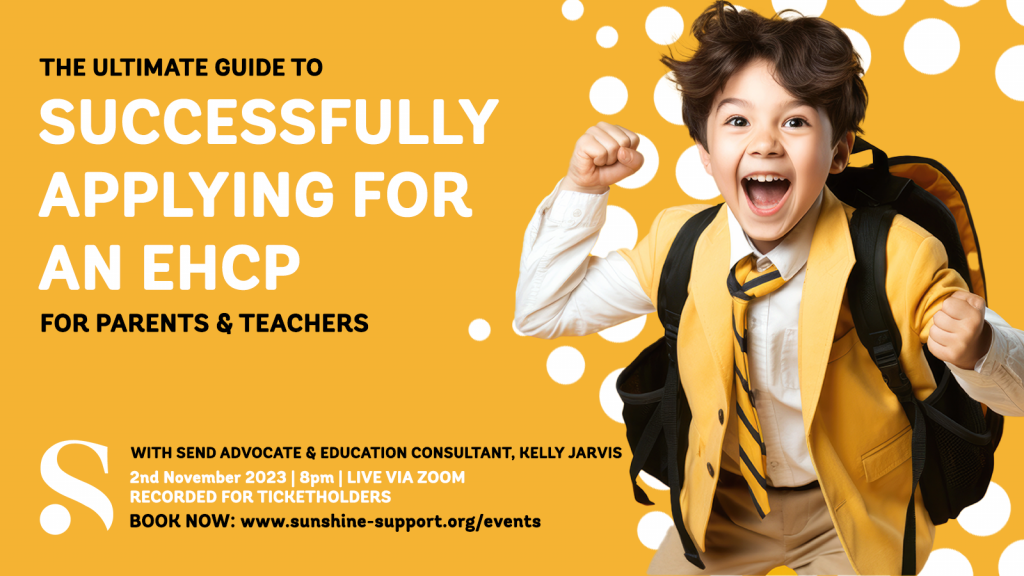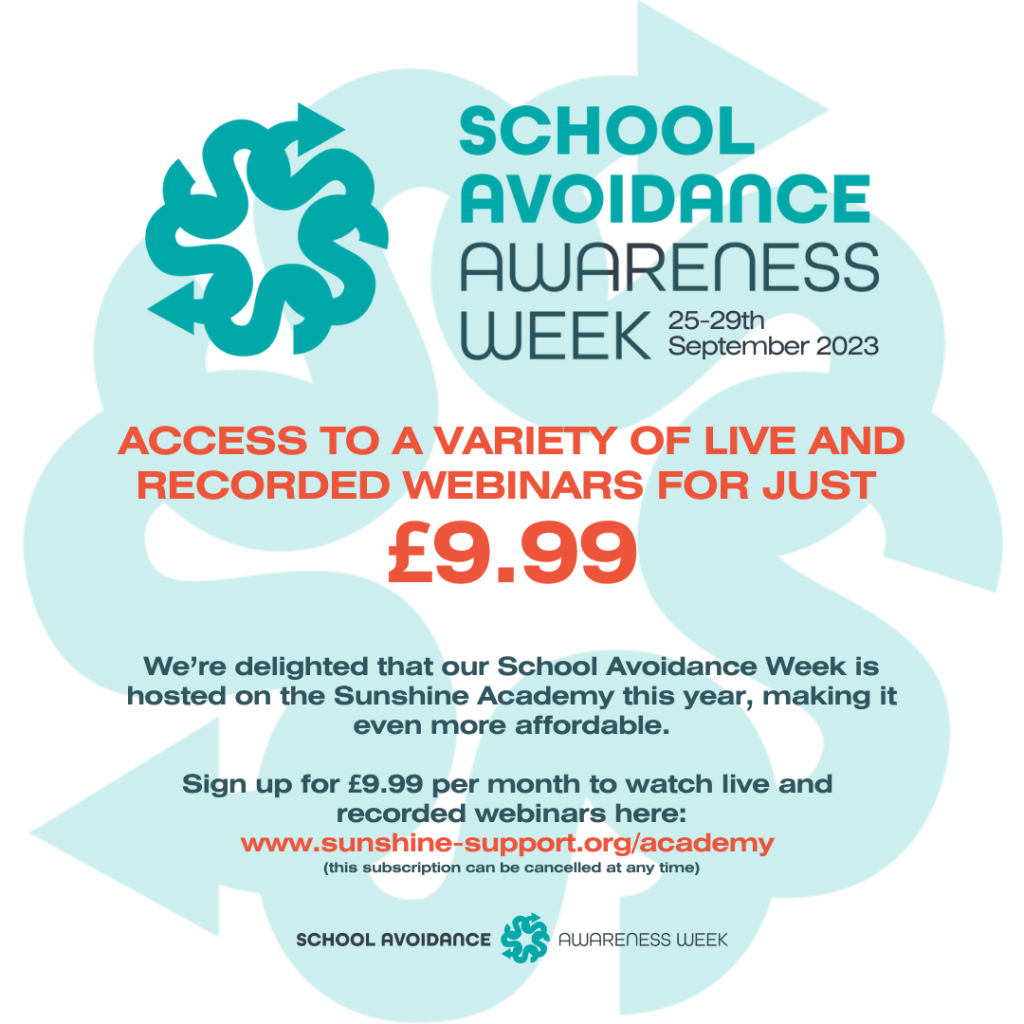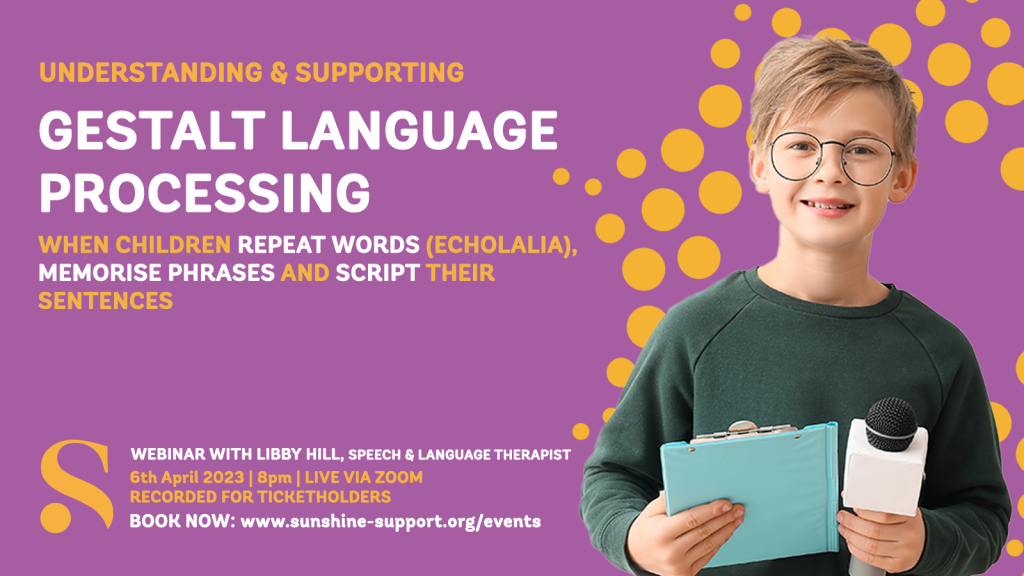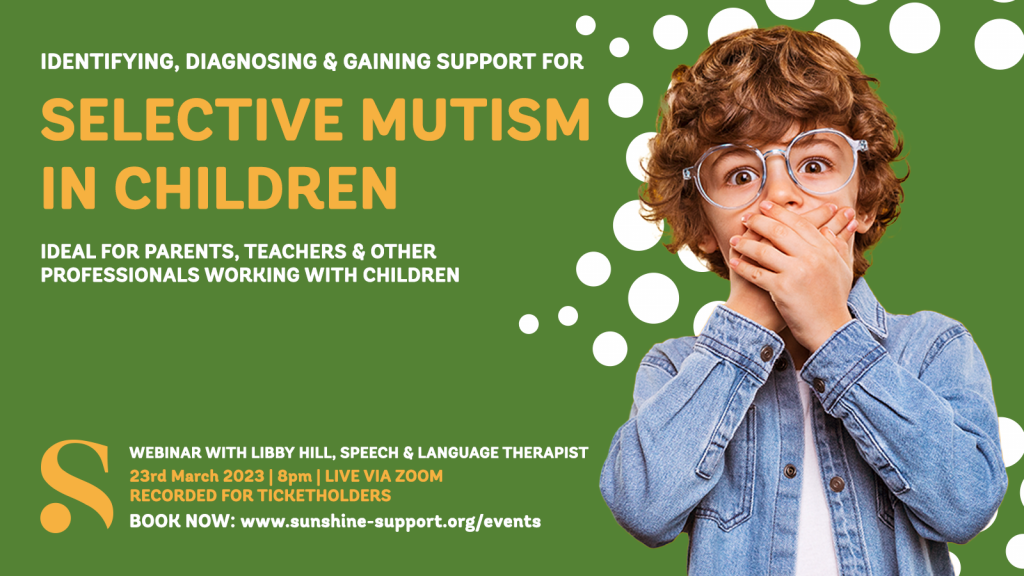You know that messy drawer that we all have in our homes? The one filled with broken pencils, takeaway menus, that key you have kept for years even though you do not know what it is for?
Well, we all have a draw like that, and it is usually disordered, confusing, even frustrating, but most importantly it somewhat resembles what the world of SEND legal proceedings and what they can be like!
After speaking to some of Sunshine Support’s partners and ambassadors I have come up with 5 things you need to know about independent reports and expert witnesses.

1. Many Local Authorities say Independent Reports and Private Diagnoses don’t count; they do.
Independent reports can be an excellent tool to help a child or young person get the support they need. Over the years a misconception regarding independent reports and their validity has circulated time and time again. In actuality, independent reports are just as valid as a report from a local authority or health service. Local Authorities often choose to disregard independent reports; however, this is unlawful practice.
Here is what Kevin McManamon, partner of Sunshine Support and Senior Education Law and Mental Capacity Law Solicitor at Geldards, had to say on the matter:
“Local authorities are obliged to consider all relevant evidence including that provided by independent experts. A blanket refusal to consider independent expert reports is unlawful and fettering of a local authority’s discretion. Ultimately, the SEND Tribunal will certainly consider the evidence of such experts when deciding upon matters before them.”
The thing to take from this knowledge is that independent reports really are valid and if anyone tries to dispute this, they are wrong.
If you need help or advice regarding SEN legal proceedings, click here to request a call back and free consultation from one of our team.
2. It is the expert witness’ job to remain impartial
The role of an expert witness is to gather and present evidence that is within their expertise. It is their job to remain impartial, factual and objective.
At the beginning of March 2021, Kevin McManamon and Adam Friel (partner and senior solicitor at Geldards law firm), led a webinar on Expert Witness Training. This is what Adam had to say on the importance of expert witnesses maintaining their integrity and impartiality:
“Over provision is just as dangerous as under provision. You’re going to get the same kind of problems and disengagement as you will if you provide not enough. So, it does go both ways and that’s where integrity and impartiality and using the stance of your profession to understand what is necessary for the particular child”
Expert witnesses should be identifying the needs that are in the child or young person’s interests. Their opinion regarding what is needed should not be influenced by lack of resources, time constraints or any wishes from parent or professional.
This a really important quality to look for in a professional. They are there to provide an honest opinion in order to provide your child or young person with what they actually need.
We often have live and recorded webinars on this very topic…. Browse the available ones below.
3. Independent reports must meet the standards of their professional code of conduct
Although it seems like it should be a given, it is really crucial that ensure that reports are kept to a high standard.
When a professional writes a reports, it must meet the standard of their professional body and code of conduct. Of course, each professional may have their own code of conduct but there are a few basic things that really should be in a report but are often missed out.
Essentially, the key to a good report is to make sure everything is explained. They may seem like basic things, but a report should include the professional’s qualifications, experience, details of any research used and a statement that explains why the report has been written in the first place.
No stone should be left unturned, unnamed, unquantified or unspecified!
4. There is no legislation on expert involvement in the SEND Tribunal/SENTW
Judges are critical of experts on a regular basis. The reason for this? Well… to make things a tad more complicated, there is actually no legislation on expert involvement in the SEND Tribunal/SEN Tribunal Wales.
The tribunal have long intended to produce a detailed guidance regarding expert involvement, this however is yet to be done. The supposed best route forward for experts is a combination of government guidance, the Code of Practice, civil law legislation, case law and direct feedback from judges.
This is why is it essential to use an expert who really knows their stuff! The Tribunal process really is not made to be people friendly, but we are always here to help guide you through the difficult procedures.
We know how irritating all the legal jargon can be so feel free to come along to our Wednesday Cuppa and Chat online where you can release any frustration and we can support you in any way we can! (It’s free to attend, too!)
5. Expert Witnesses should not step outside their area of expertise
It is vital that expert witnesses clearly identify what is and is not within their own knowledge. If an expert strayed outside of their remit as a professional, it would give lawyers reason to criticise their evidence.
For example, an Educational Psychologist might not necessarily be qualified to give an opinion on social care and consequently this could undermine all their evidence, including all the bits deemed credible.
What the Educational Psychologist should do is reach out to another expert who is qualified in order to gather credible evidence.
The thing to take away…
All these things may seem blatantly obvious, but they are frequently missed and even disparaged. There are many misapprehensions in the world of SEND legal proceedings, but hopefully in highlighting some of them it will make things a little simpler.
When choosing an Independent Expert to assist in your SEN journey, you can choose from our tried, tested and vetted experts here. Or if you’re keen to explore for yourself, ensure they have the following:
- Relevant qualifications: ask for evidence of these
- Relevant experience of working with and assessing children with the same profile/presentation as your child: ask for evidence
- You can also ask for a copy of the reports that they have written previously (redacted, of course)
- Tribunal experience and training. Again, ask for evidence of this.







